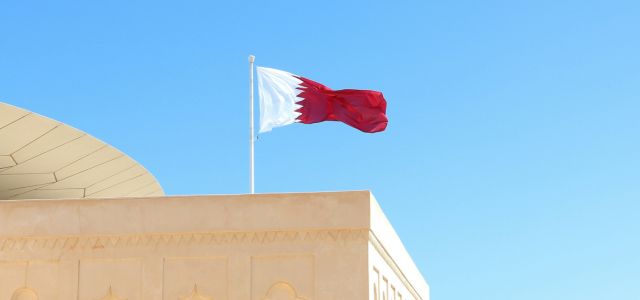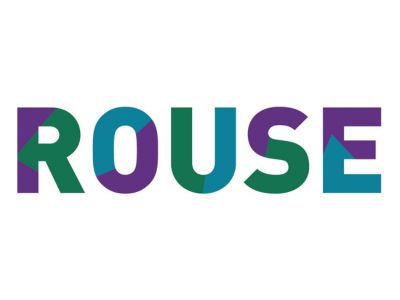On 3 August 2024, Qatar officially became a member of the Madrid System under the World Intellectual Property Organization (WIPO), making it the fourth Gulf Cooperation Council (GCC) country to join, following Bahrain, Oman, and the UAE. With this development, Saudi Arabia and Kuwait are now the only remaining GCC countries that are not part of the Madrid System.
The Madrid System allows businesses and trademark owners to apply for trademark protection in multiple countries through a single application, offering a streamlined and cost-effective method of managing international trademarks.
Expanded reach for trademark owners
Owners who are domiciled, have an industrial or commercial establishment in, or are citizens of any Madrid System member country can now designate their trademarks to Qatar through their home or regional applications/registrations. Similarly, Qatari trademark owners can extend their registrations to any of the other 130 member countries, creating opportunities for greater global trade and brand recognition.
Impact on local businesses
Qatari businesses, particularly small and medium-sized enterprises (SMEs), will now find it easier to access global markets. By utilizing the Madrid System, they can file a single trademark application and extend their protection to foreign markets without having to navigate the complexities of multiple national trademark laws. This enables them to focus more on business growth and innovation rather than dealing with filing processes in each target market.
Streamlined process for foreign applicants
For foreign applicants, Qatar’s accession to the Madrid System simplifies the process of entering the Qatari market. Unlike national applications in Qatar, which require a local agent and a legalized Power of Attorney (PoA), designations through the Madrid System bypass these requirements unless a refusal or opposition arises. This is particularly advantageous as Qatar has recently tightened its PoA regulations, now requiring super-legalisation by the Ministry of Foreign Affairs and limiting PoA validity to three years. By using the Madrid System, foreign businesses can avoid these legal hurdles and introduce their products and services to Qatar more easily.
Qatar’s global vision
Qatar’s membership in the Madrid System aligns with its broader vision of diversifying the economy and attracting international businesses. By simplifying the process for foreign companies to register trademarks and protect their brands, Qatar is positioning itself as an appealing destination for investment, especially as it continues to enhance its role in global trade.
What businesses should consider
For businesses looking to use the Madrid System in Qatar, it is essential to prepare thoroughly. Understanding local opposition procedures, timelines, and any remaining national legal hurdles will help ensure smoother processing of trademark applications. It’s also crucial for businesses to evaluate their global trademark strategies in light of this development, as they now have access to a more efficient method of protecting their rights.
In summary, for local and international businesses alike, Qatar’s accession to the Madrid System represents a significant step forward, streamlining trademark protection and opening doors to global opportunities.

Written by Yasir Masood
IP Manager, Rouse
You may also like…
UEFA partners with Alliance for Creativity and Entertainment to enhance global anti-piracy strategy
October 21, 2025 - The Union of European Football Associations (UEFA) has officially joined the Alliance for...
EUIPO and UANIPIO welcome the integration of Ukraine’s trademarks into TMview
The European Union Intellectual Property Office (EUIPO) and the Ukrainian National Office for Intellectual Property...
Jägermeister succeeds in opposing the EU trademark application Alten Kräuterfrau for alcoholic beverages
Mast-Jägermeister SE filed an opposition on the grounds of Article 8(1)(b) – likelihood of confusion between the signs...
Contact us to write for out Newsletter














